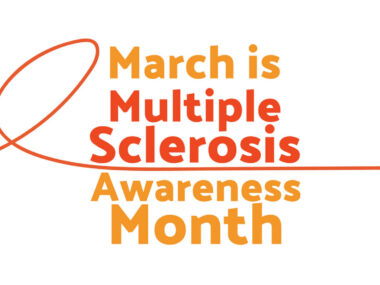FDA Wants More Information on Celgene’s MS Therapy Ozanimod Before Starting Its Review
Written by |

The U.S. Food and Drug Administration has asked Celgene to add more information to its New Drug Application for ozanimod as a treatment for relapsing forms of multiple sclerosis.
Celgene said it plans to meet with FDA officials to make sure it understands exactly what new information the agency wants, then revise and resubmit its application. Accepting a New Drug Application signals that the FDA is starting a regulatory review of a potential therapy.
“We remain confident in ozanimod’s clinical profile demonstrated in the pivotal [clinical trials] program in relapsing forms of multiple sclerosis,” Jay Backstrom, Celgene’s chief medical officer and head of global regulatory affairs, said in a press release. “We will work with the FDA to expeditiously address all outstanding items and bring this important medicine to patients.”
Ozanimod inhibits the sphingosine 1-phosphate 1 and 5 receptors that play a role in the immune response and inflammation seen in relapsing MS and the bowel diseases Crohn’s and ulcerative colitis. By binding to the receptors in lymph nodes, ozanimod prevents lymphoid immune cells from entering the blood and reaching the central nervous system, which consists of the brain and spinal cord. MS is an autoimmune disease, or one in which the immune system attacks healthy tissue as well as invaders.
The Phase 3 SUNBEAM clinical trial (NCT02294058) showed that ozanimod was better than Biogen’s Avonex (interferon beta-1a) at reducing MS relapses rates.
Researchers randomized 1,346 adults with relapsing MS to receive either 1 mg or 0.5 mg doses of ozanimod a day, or weekly injections of Avonex.
The larger dose of ozanimod led to a 48 percent lower relapse rate than Avonex, the results showed. In addition, both doses prevented brain volume loss and reduced the number of patients’ new or growing brain lesions — areas of tissue deterioration.
Other trials that showed ozanimod’s effectiveness were the Phase 2 RADIANCE study (NCT01628393) and the Phase 3 RADIANCE Part B study (NCT02047734). RADIANCE compared ozanimod with a placebo and RADIANCE Part B to Avonex.
The trials showed that ozanimod was safe and patients tolerated it well. Most treatment-related adverse events were mild.
Ozanimod was discovered and first developed in an academic setting, as part of the National Institutes of Health’s Molecular Library Initiative.
Celgene is also evaluating ozanimod’s potential to treat inflammatory bowel diseases in ongoing Phase 3 trials. Two trials (NCT03440385) and NCT03440372) are looking at its ability to treat severe Crohn’s disease and two others (NCT03440385 and NCT03440372) its ability to treat severe ulcerative colitis.


